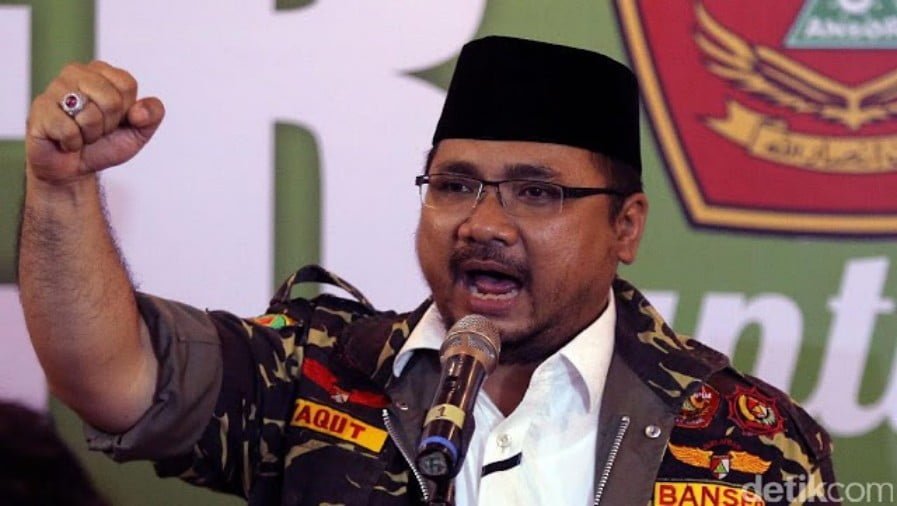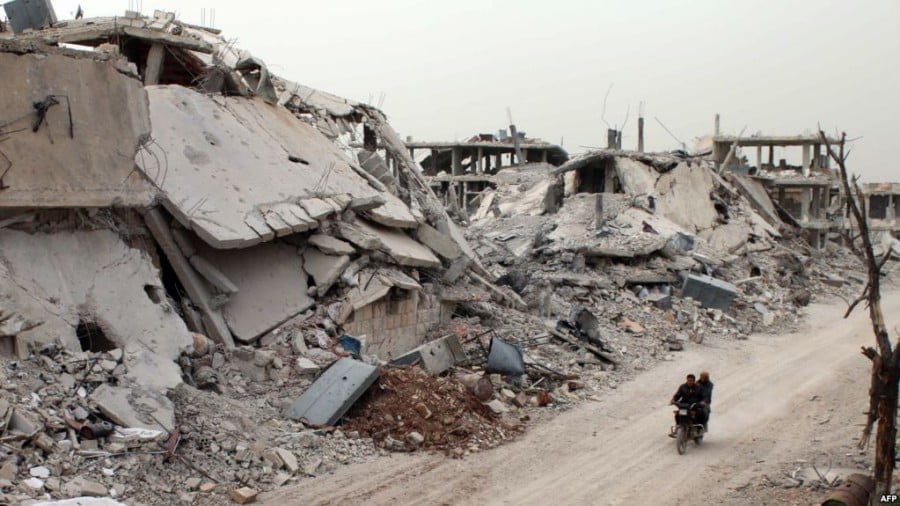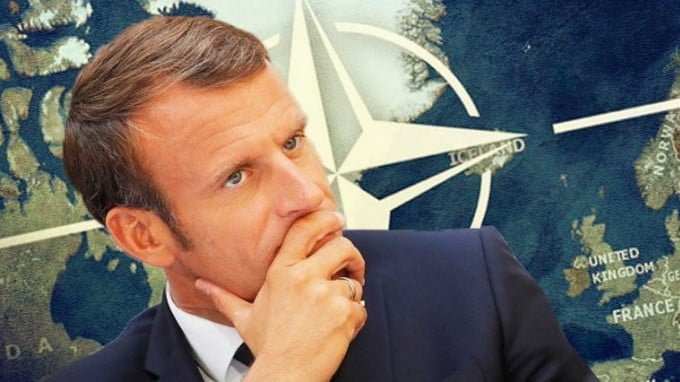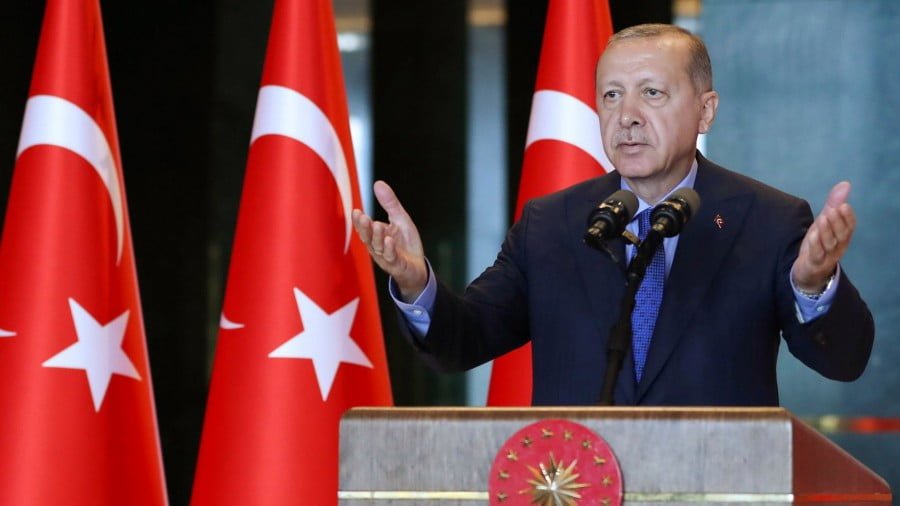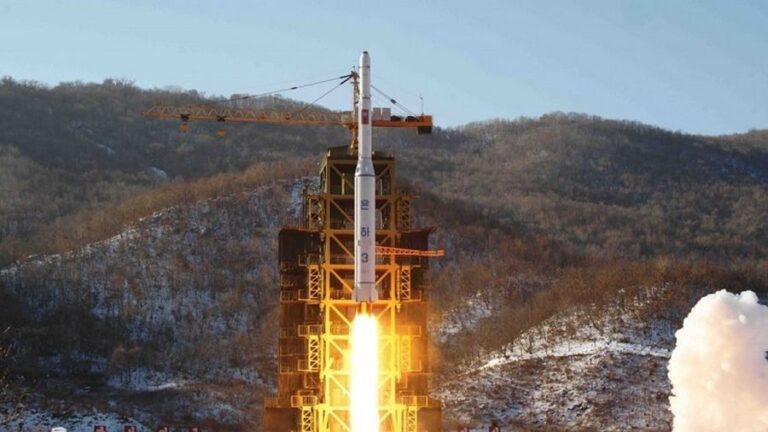Indonesia Potentially Set to Take on China and Claim Leadership of ‘Moderate’ Islam
President Joko Widodo’s recent cabinetreshuffle suggests that Indonesia may adopt a more critical attitudetowards China and reinforce government support for efforts by Nahdlatul Ulama(NU), the world’s largest Muslim movement, to reform Islam and position theSoutheast Asian state as a key player in a battlewith Middle Eastern rivals for the soul of Islam.
Mr. Widodo signaled his potential policy moves withthe appointment of ambassador to the United States Muhammad Lutfi as trademinister and prominent Nahdlatul Ulama official Yaqut Cholil Qoumas as ministerof religious affairs.
Mr. Lutfi’s appointment came two months after a visitby Mike Pompeo to Jakarta in October at the invitation of Nahdlatul Ulamaduring which the Secretary of State extended Indonesia’s access to a preferentialtariff arrangement and opened the door to a free trade agreement with theUnited States.
Mr. Pompeo emphasized in talks with Mr. Widodo and inan address to a Nahdlatul Ulama conference the need to challengeChina’s territorial claims in the South China Sea as well as its brutalcrackdown on Turkic Muslims in the People’s Republic’s north-western provinceof Xinjiang.
Indonesia, the world’s largest Muslim-majoritydemocracy, extraditedto China three Uighurs, the dominant Turkic ethnic group in Xinjiang, justdays before Mr. Pompeo’s arrival.
Mr. Qoumas’ appointment is significant not onlybecause of his prominent Nahdlatul Ulama background but also given the factthat he is one of the leaders of the movement’s most influential wing that hasadopted a tough position on China’s repression of the Uighurs.
Indonesia has to date sought to walka fine line in escalating tensions between the United States and China,including its refusal to speak out on the plight of the Uighurs. Indonesia hasfurther sought to balance rejection of Chinese maritime claims in Indonesianwaters with a desire to attract Chinese investment.
An Islamic scholar and leader of Nahdlatul Ulama’s GP AnsorYouth Movement, Mr. Qoumas, alongside his brother, Yahya Cholil Staquf, NU’ssecretary general, has been a driving force in the promotion of the movement’sconcept of HumanitarianIslam, based on principles of tolerance, pluralism and the embrace of theUniversal Declaration of Human Rights.
Nahdlatul Ulama’s government-backed promotion of theconcept has put it in direct competition with major efforts by Saudi Arabia,the United Arab Emirates, Turkey, and Iran to garner religious soft power bypropagating a statist interpretation of the faith.
It is an interpretation that in the case of thekingdom and the UAE professes adherence to tolerance and inter-faith dialoguebut demands absolute obedience to the ruler. Turkey and Iran pushinterpretations of the faith that embrace elements of political Islam as wellas authoritarian governance.
In one of his early statements as minister, Mr. Qoumasappeared to be challenging more traditional wings of Nahdlatul Ulama bydeclaring in remarks during a visit to a Protestant church that he wouldprotect the rightsof Shiites and Ahmadis, two minorities that have been on the defensive amidconcerns of mounting intolerance in Indonesia.
Senior figures within Nahdlatul Ulama continue to viewShi’ites, who constitute a mere 1.2 per cent of the Indonesian population, asone of the foremostdomestic threats to Indonesian national security and an Iranian fifthwheel. Similarly, many in Nahdlatul Ulama reject Ahmadis identifying themselvesas Muslims because the sect refuses to acknowledge the finality of the ProphetMohammed.
“I don’t want members of Shia and Ahmadiyya displacedfrom their homes because of their beliefs. They are citizens (whose rights)must be protected. The Religious Ministry will facilitate a more intensivedialogue to bridge differences,” Mr. Qoumas said, referring to attacks onminorities.
Mr. Qoumas’ Nahdlatul Ulama youth wing, together with itsfive-million strong militia, has played a key role in confronting militantIslamic groups, like Hizb ut-Tahrir and the Islamic Defenders Front (FDI).
GP Ansor officials take pride in have engineeredsituations that in 2017 led to the banning of Hizb ut-Tahrir, a controversialglobal movement that calls for the restoration of the Caliphate.
The government last month bannedFDI, established as a vigilante group that was a major organizer of massprotests in 2016 that led to the defeat of Basuki Tjahaja Purnama, a Christianof Chinese descent better known as Ahok, in mayoral elections in Jakarta andhis subsequent sentencing on blasphemy charges.
The ban came weeks after the return to Indonesia fromself-exile in Saudi Arabia of FDI leader Rizieq Shahib. Mr. Shahib was arrestedfor allegedly violating coronavirus restrictions.
The outlawing of Hizb ut-Tahrir and FDI on the basisof a presidential decree that enables the government to bypass legal proceduresand fast-track the banning of groups it considers security threats promptedhuman rights groups to warn that Indonesia was undermining rights of freedom of association andexpression.
Deputy justice minister,Edward Omar Sharif Hiariej, told reporters that FPI was outlawed because some30 members of the group had been convicted on terrorism charges and because thegroup defied Indonesia’s state ideology, Pancasila, which stresses unity anddiversity.
The banning of FDI followed the election in November ofMiftachul Akhyar, a Nahdlatul Ulama cleric, as head of the influentialIndonesian Ulama Council (MUI) to replace Ma’ruf Amin, Mr. Widodo’svice-president who in the past took a hardline against minorities and advocatedOrthodox Sunni Muslim positions. Mr. Akhyar is Nahdlatul Ulama’s spiritualguide.
The election further removed from the council’sleadership several clerics who had backed the anti-Ahok demonstrations. They werereplaced by at least one supporter of Humanitarian Islam, Masdar Masudi, aswell as scholars from Muhamadiyya, Indonesia’s second largest Muslim movement,viewed as progressives.
Nonetheless, some analysts suggest that the council,in apparent contradiction to Mr. Qoumas, will not break its discriminatory attitudetowards minorities.
Said AlexanderR Arifianto, an Indonesia scholar at Singapore’s S. Rajaratnam School ofInternational Studies: “When it comes to marginalized minorities, we can expectthe new MUI leadership to retain their conservative standing. MainstreamIslamic clerics — including those within MUI — tend to share a conservativeorthodoxy in their religious interpretation toward these groups.”

